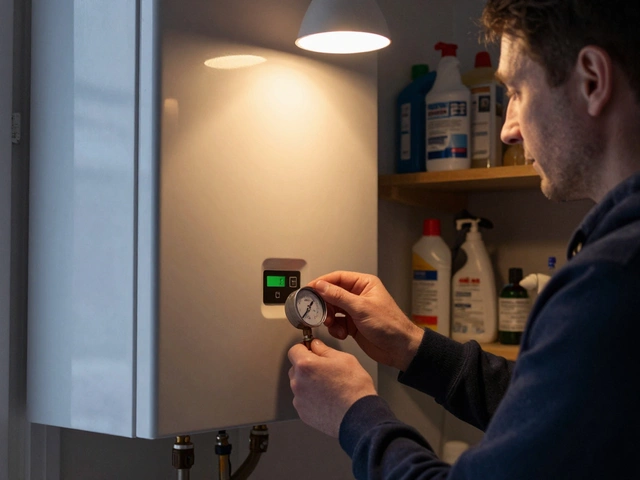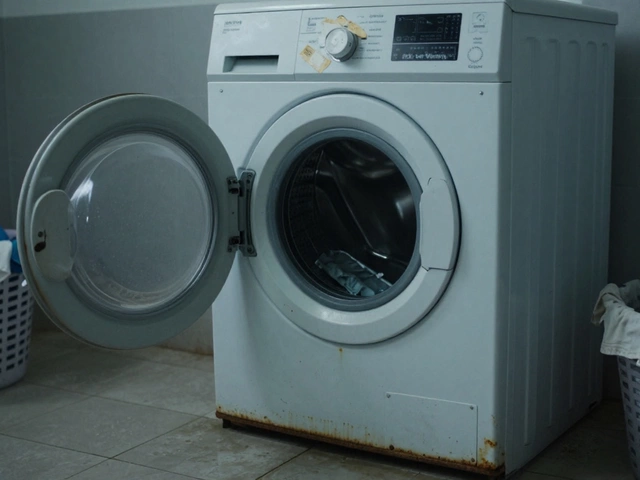Old Fridge – What You Need to Know
When dealing with old fridge, a refrigerator that has been in service for many years and shows signs of wear. Also known as aging refrigerator, it often suffers from common fridge failures, issues like faulty compressors, leaky door seals, frost buildup and noisy fans, requires knowledge of refrigerator parts, components such as thermostats, condenser coils, evaporator fans and gaskets, and benefits from professional appliance repair, service that restores function and extends lifespan. Old fridge problems encompass a mix of mechanical wear and electrical glitches, so fixing them usually means diagnosing the root cause, replacing the worn part, and testing the system. Repairing an old fridge requires both the right tools and a clear understanding of how the refrigeration cycle works; without that, you might replace the wrong component and waste time. The decision to repair or replace hinges on factors like energy efficiency, cost of parts, and how the appliance fits into your kitchen setup.
Key Topics Covered
First, let’s talk about why an old fridge stops cooling. Over time, the compressor’s oil thickens, the condenser coils gather dust, and the door gasket loses its seal, all of which reduce heat exchange efficiency. When the thermostat sensor drifts, the unit may run constantly or shut off early, leading to temperature swings. These failures are linked: a dirty coil forces the compressor to work harder, which ages the motor faster. Knowing the relationship between compressor health and coil cleanliness helps you spot early warning signs before a total breakdown. Energy bills also climb because older models are less efficient; swapping a leaky gasket or a clogged filter can shave off a few pounds a month, but only if the core components are still solid. If you’re comfortable with basic tools, you can test the start relay, clean the coils with a brush, or replace a cracked thermostat for under £50. However, when the compressor itself fails or the refrigerant leaks, you’ll need a qualified technician – it’s not a DIY job without proper certification.
Finally, deciding whether to keep fixing your old fridge or invest in a new, energy‑star model comes down to a simple cost‑benefit check. Add up the price of parts, labour, and any extra energy you’re paying now; compare that to the upfront cost of a modern unit that runs up to 30% cheaper. Many homeowners find that after spending about £200 on repairs, the next breakdown is likely to cost the same or more, making replacement the smarter choice. Our collection below walks you through each common failure, offers step‑by‑step troubleshooting, and explains when a professional call‑out is the safest route. Dive in to see real‑world examples, maintenance tips, and clear guidance that will help you keep your kitchen running smoothly – or know exactly when it’s time for an upgrade.






